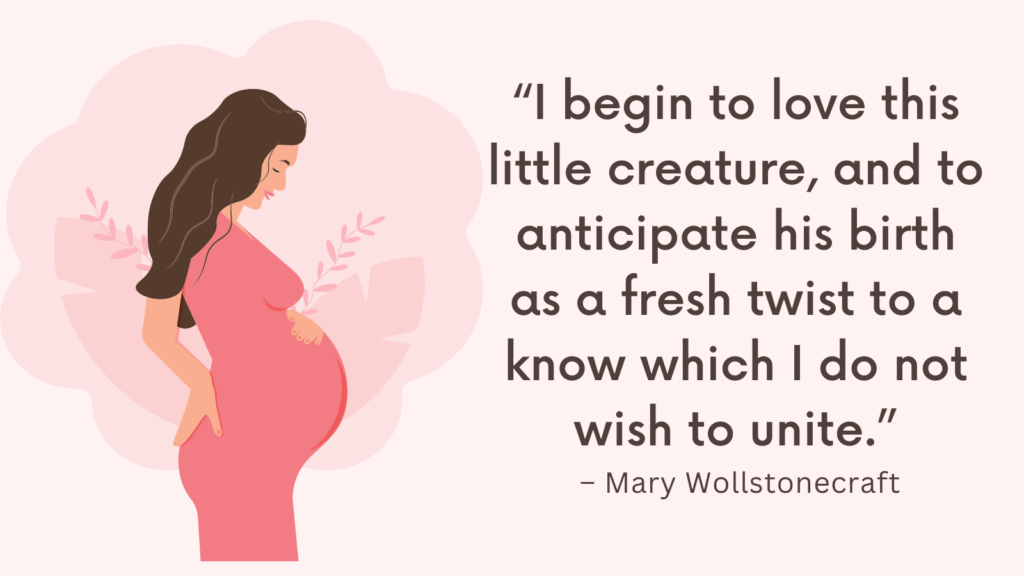Frequent urination, heartburn, and baby now responding to sounds.
You’ve made it to 28 weeks pregnant! This marks the beginning of the third trimester, which means you’re in the final stretch of pregnancy! Your baby is growing stronger and more developed, and your body is preparing for birth and postpartum recovery.
Let’s explore your baby’s development, changes in your body, and how to manage symptoms at 28 weeks pregnant.
What’s Happening to Your Baby?
At 28 weeks, your baby is about the size of an eggplant (25-27 cm or 10-11 inches long, head to toe) and weighs around 1,000-1,200 grams (2.2-2.6 lbs). Your little one is becoming more alert, gaining weight, and fine-tuning vital organs.
Major Developments This Week:
Brain Development is Accelerating! – Brain waves are more complex, and baby’s thinking, learning, and memory abilities are growing.
Eyes Can Open & Blink! – Baby can open and close their eyes, and eyelashes are fully formed.
More Defined Sleep Patterns! – Baby is experiencing deep sleep and REM sleep, meaning they may be dreaming!
Lungs Are Maturing! – Although not fully developed, baby’s lungs are now producing more surfactant to help with breathing after birth.
Movements Are More Pronounced! – Kicks, stretches, and rolls may feel more forceful as baby grows.
Baby Responds to Sound & Light! – Baby recognizes voices and reacts to bright light shining through your belly.
Fat Deposits Are Increasing! – Baby’s body is filling out, making them look less wrinkled.
What’s Happening to Your Body?
At 28 weeks pregnant, you may notice more intense baby movements, a growing belly, and some new pregnancy symptoms.
Common Symptoms at 28 Weeks Pregnant:
Feeling Stronger Baby Kicks! – Movements may feel stronger and even cause discomfort.
Growing Baby Bump! – Your uterus is now about 3 inches above your belly button.
Back Pain & Pelvic Pressure – As your belly grows, it can strain your lower back and hips.
Braxton Hicks Contractions – Mild, irregular “practice” contractions may happen more frequently.
Leg Cramps & Restless Legs Syndrome – Cramps and an urge to move your legs may happen, especially at night.
Swelling in Feet & Ankles (Edema) – Fluid retention may cause mild swelling, especially in hot weather.
Shortness of Breath – Your uterus is pressing on your diaphragm, making breathing feel harder.
Frequent Urination – Baby’s position and size are putting pressure on your bladder.
Heartburn & Indigestion – Your growing belly may push stomach acid up, leading to heartburn.
Fatigue – Carrying extra weight and interrupted sleep may make you more tired.
Leaky Breasts (Colostrum Production) – Your body may start producing colostrum, the first form of breast milk.
How to Cope with Week 28 Pregnancy Symptoms
1. Tracking Baby’s Movements
Baby should move regularly throughout the day.
If movements slow down, drink cold water or gently poke your belly.
If baby’s movements decrease significantly, contact your doctor immediately.
2. Easing Back Pain & Pelvic Pressure
Practice good posture and avoid slouching.
Use a pregnancy pillow to support your belly while sleeping.
Try prenatal yoga or gentle stretches.
3. Managing Braxton Hicks Contractions
Stay hydrated – dehydration can trigger contractions.
Change positions or walk around to help them subside.
Contact your doctor if contractions become painful or regular.
4. Preventing Leg Cramps & Restless Legs
Stretch your legs before bed.
Eat foods rich in magnesium and calcium (like bananas, nuts, and dairy).
Use warm compresses or massage your legs.
5. Reducing Swelling in Feet & Ankles
Elevate your feet whenever possible.
Wear loose, comfortable shoes.
Drink plenty of water to flush out excess fluids.
6. Reducing Shortness of Breath
Sit and stand up straight to give your lungs more space.
Sleep with extra pillows to elevate your upper body.
Slow down and take deep breaths.
7. Managing Frequent Urination
Drink plenty of water but reduce intake before bedtime.
Lean forward when urinating to fully empty your bladder.
8. Preventing & Soothing Heartburn
Eat smaller, frequent meals instead of large ones.
Avoid spicy, greasy, and acidic foods.
Don’t lie down immediately after eating.
9. Coping with Fatigue
Listen to your body and rest when needed.
Eat protein-rich snacks to maintain energy levels.
Prioritize sleep and take short naps if possible.
10. Preparing for Breastfeeding (If Planning to Nurse)
If you notice leaking colostrum, wear breast pads in your bra.
Read about breastfeeding positions and benefits.
What Should You Be Doing in Week 28?
Since you’re now in the third trimester, here’s what to focus on this week:
1. Schedule Your Third Trimester Prenatal Appointments
You may start seeing your doctor every two weeks instead of monthly.
Your doctor may check for anemia, gestational diabetes, and Rh factor compatibility.
2. Take Your Glucose Screening Test (If You Haven’t Yet!)
This test checks for gestational diabetes and is usually done between 24-28 weeks.
3. Keep Taking Your Prenatal Vitamins
Ensure your vitamin contains 400-800 mcg folic acid for brain and spinal cord development.
A vitamin with DHA & Omega-3s supports baby’s brain growth.
4. Track Baby’s Movements
Start counting baby’s kicks every day.
If movements slow down, contact your doctor.
5. Research Labor & Delivery Plans
Start thinking about your birth plan (natural birth, epidural, C-section, etc.).
Look into hospital or birth center policies.
6. Sign Up for Childbirth & Parenting Classes
Learn about labor, delivery, and newborn care.
Consider classes for partners or support persons.
7. Plan for Maternity Leave
If you work, finalize your maternity leave dates.
Discuss post-birth recovery plans with your employer.
8. Start Thinking About Baby Essentials
Make a checklist for baby gear, hospital bag, and nursery setup.
Plan a baby shower or finalize gift registries.
Final Thoughts
You’re 28 weeks pregnant and officially in the third trimester! Your baby is getting bigger, stronger, and more active as they prepare for birth. Symptoms like back pain, heartburn, and leg cramps may be increasing, but you’re doing an incredible job!



